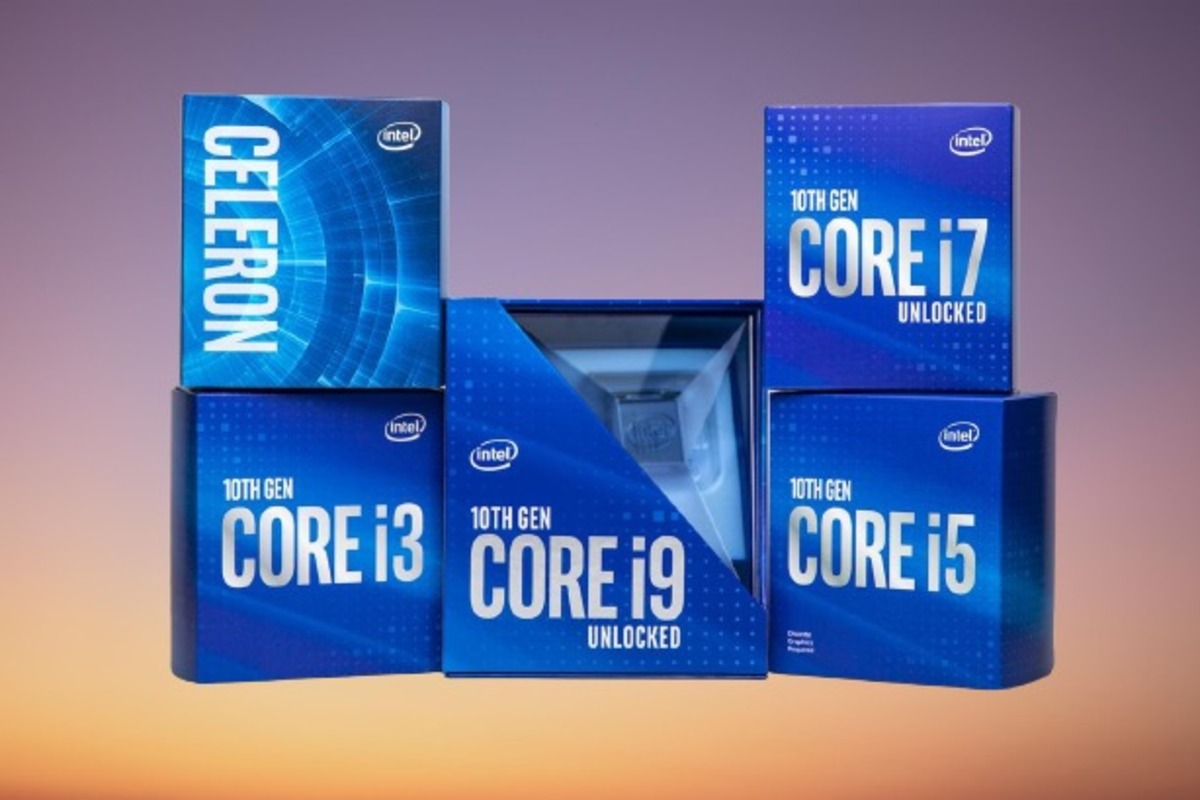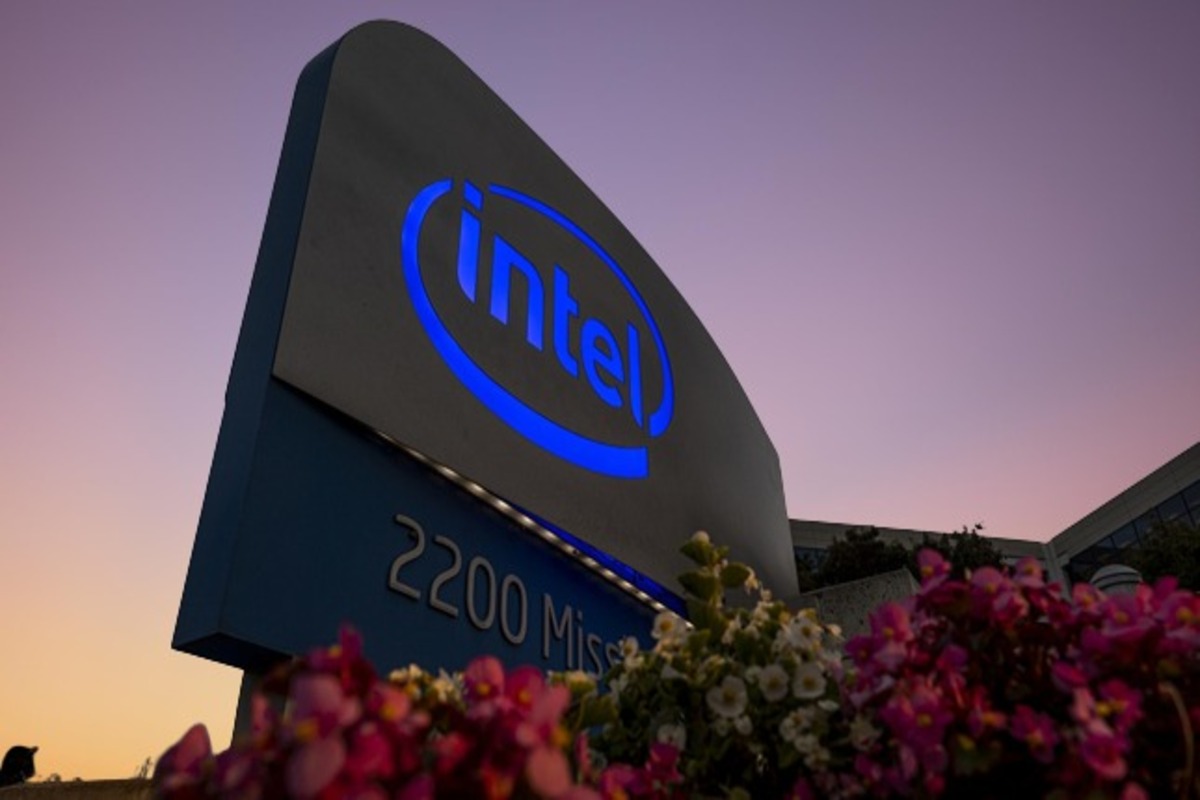Intel Abandons Tower Semiconductor Acquisition : Today, Intel Corp. (INTC.O) will abandon its $5.4 billion acquisition of Israeli contract chipmaker Tower Semiconductor Ltd. (TSEM.TA). According to sources, Intel failed to secure Chinese regulatory approval.
According to unnamed sources before an official release, Intel was unable to secure Chinese authorities’ approval within the contract’s timeframe after signing the Tower deal in February 2022. The situation’s intricacy also highlights how U.S.-China conflicts over trade, intellectual property, and Taiwan have started to influence corporate mergers, especially those involving technology companies.
Intel, though, will not discuss extending the deal. The business will pay Tower a $353 million “dissolution fee” to discontinue the arrangement, sources indicate.
If both companies had maintained their agreement during the assessment process, governmental approval may have been possible. Intel and Tower remain silent on this matter. The State Administration for Market Regulation, China’s strong antitrust regulator, is also unavailable to comment.
Last year, DuPont De Nemours Inc. (DD.N) abandoned its $5.2 billion acquisition of Rogers Corp. (ROG.N) due to slow Chinese government approval.

Read More :Drone Deliveries: Embracing Innovation for Transformative Home Delivery
Intel CEO Pat Gelsinger had tried for years to get Chinese regulators to approve the Tower deal. He visited China last month to meet with government officials. Gelsinger added that Intel is investing in its foundry division, which builds chips for other companies. The Tower transaction will not affect this project.
In June, Israeli Prime Minister Benjamin Netanyahu announced Intel’s $25 billion manufacturing plant investment in Israel. Foreign companies had never invested so much in a country’s sector before.
Tower’s Nasdaq shares dropped from $53 to $33.78 on Tuesday as investors lost faith in the merger.
Intel’s foundry unit’s second-quarter sales rose from $57 million to $232 million, a considerable gain. The main reason was advanced packing techniques. Intel makes more powerful CPUs by combining chip elements from other companies.
Foundry sales are up because of “advanced packaging.” Intel excels at assembling chips from other companies to create more powerful microprocessors.
The pandemic’s remote work trend boosted Intel’s processor demand for two years, but it has since slowed. The chipmaker must now slash costs. Thus, Intel has pledged to cut $3 billion this year and $8 billion to $10 billion by 2025.
Our Reader’s Queries
Why did Intel not buy Tower?
Intel Corporation (Nasdaq: INTC) has announced the termination of its agreement to acquire Tower Semiconductor (Nasdaq: TSEM) due to the inability to obtain necessary regulatory approvals in a timely manner. The decision was made mutually between the two companies.
Did Intel abandon $5.4 BN deal to buy Israel’s Tower Semiconductor?
Intel Corp has abandoned its plans to acquire Israeli contract chipmaker Tower Semiconductor Ltd for $5.4 billion. The merger agreement expired without regulatory approval from China, leading to the deal’s cancellation. As a result, U.S.-listed shares of Tower Semiconductor Ltd fell by approximately 11% in premarket trading.
Did Intel agree to $6 billion deal to buy Tower Semiconductor?
Intel has announced the termination of its acquisition of Tower Semiconductor, an Israeli chipmaker, due to the lack of regulatory approval. The U.S. chip giant will pay a termination fee of $353 million to Tower. The acquisition was initially announced in February 2022 for $5.4 billion.
Did Intel end the deal to buy Tower Semiconductor after failure to gain Chinese regulatory approval?
Intel has abandoned its acquisition of Tower Semiconductor, an Israeli foundry, due to the Chinese regulatory authorities’ refusal to approve the deal. The final deadline for approval was missed, and the deteriorating relationship between China and the United States may have contributed to the decision.

